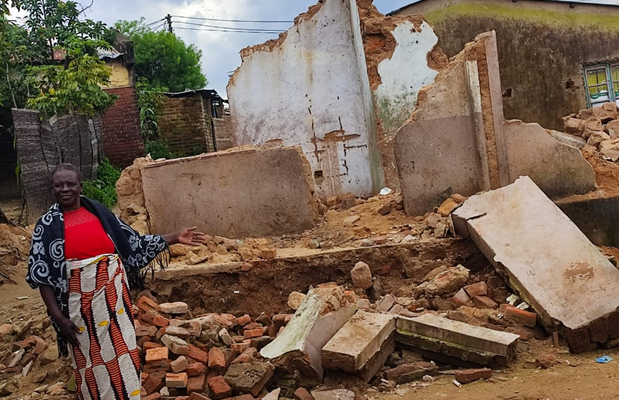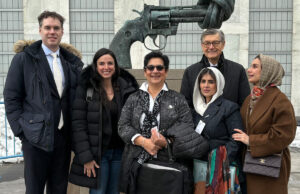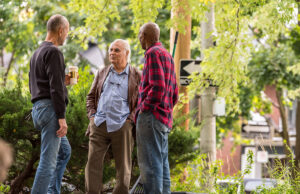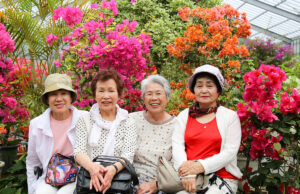Tropical Cyclone Freddy hit southern Africa in late February, creating massive destruction in multiple countries including Madagascar, Malawi, Mauritius, Mozambique, and Zimbabwe. The destruction of homes, infrastructure, and crops has only intensified the ever-growing food insecurity and fragile economies.
Malawi was one of the most affected by the disaster. HelpAge USA shared a press release quoting Andrew Kavala, executive director of the Malawi Network of Older Persons’ Organisations (MANEPO) and a Global Ageing Network board member, which describes what older people are experiencing and how they are the “worst affected but last to be helped. According to Kavala, the death toll rose to at least 400 and has displaced tens of thousands more. Older persons are at a “higher risk for communicable diseases and older persons must be prioritized.” Cyclone Freddy survivors such as Margret Banda have created make-shift homes since they have trouble waiting in the long lines to get clean water and limited resources in the designated camps.
As of the end of the March, rains are still ongoing and the flood situation is alarming. More than 300 health facilities have been destroyed or flooded, leaving communities without adequate access to health services. The situation also increases malnutrition and public health risks, including the increased spread of cholera, malaria, vaccine-preventable diseases, and COVID-19. The United Nations World Food Programme and other non-governmental organizations are ramping up difficult humanitarian aid and support.





